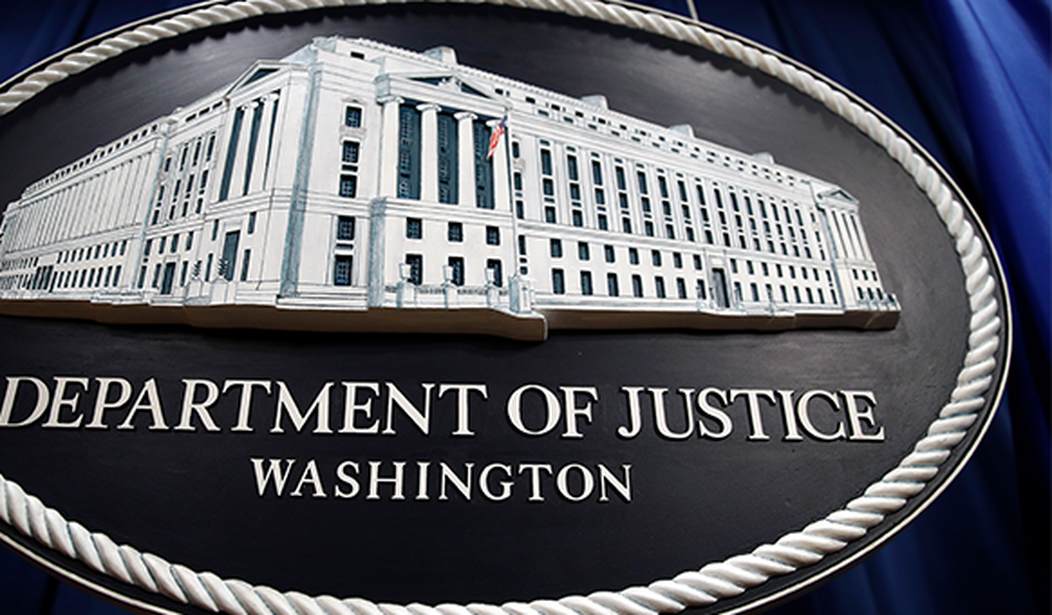In the first set of Executive Orders signed today by Joe Biden was the reversal of a DOJ policy put in place by Attorney General Jeff Sessions which prohibited provisions in settlement agreements in civil litigation that directed the opposing party to pay the money from the settlement to some third-party interest group that DOJ believed could put the money to better use than having it go into the Treasury of the United States.
This was a practice that came into vogue during the Obama Administration. The government would bring a civil action against some offending corporation, and then offer the corporation an opportunity to settle the dispute with a condition that required the corporation to pay some or all of the settlement money to a third party designated by the government.
One case that got some notoriety was a settlement with Gibson Guitars over allegations that the company illegally imported ivory and rosewood from Madagascar and India. The Obama Justice Department opened the case as a criminal matter — shockingly — but later reached a civil settlement whereby Gibson agreed to pay a fine of $300,000 to avoid criminal prosecution. But another part of the settlement required Gibson pay $50,000 to the National Fish and Wildlife Foundation, a private entity.
This isn’t meant as a jab at DOJ for having gone after Gibson over its importing practices. There are laws against bringing in plant products from other countries in ways that violated endangered species laws in those countries. The ivory from Madagascar was a bigger problem than the rosewood, but the issue was a failure on the part of Gibson to make reasonable inquiries about the sourcing of the ivory it was being supplied. Gibson wasn’t “smuggling” material illegally into the US, it was just buying material from a Madagascar supplier it should have known was not legitimate.
But the resolution of the matter — the defense of Madagascar’s endangered species act laws by the enforcement of US laws making it a crime to knowingly violate the laws of another country — had no justification for compelling Gibson to pay a private entity the Justice Department approved of as a condition of making the deal.
A much more illuminating example of this practice, one that shows exactly how it can be used as a funding mechanism for all manner of Democrat Party interest groups, was the 2014 settlement of claims against Bank of America relating to the 2008 mortgage fraud crisis. Out of the total of $17 billion DOJ required BofA to pay, nearly $7 billion went to left-wing activist groups associated with Democrat party special interests.
The Justice Department drafted the language so that it read that the payments were “donations” to third parties, and the Department also acknowledged that those third parties are not victims of the bank’s wrongdoing. Instead, the payments were justified on the basis that the bank was making donations to community development funds, legal aid organizations, and housing counseling agencies to assist distressed consumers and communities most in need of financial assistance. The government claimed these “donations” were separate and distinct from the “settlement” funds paid by BofA to various federal, state, and local claimants in the “global” settlement of all claims.
Attorney General Jeff Sessions banned the practice after he took office. Legislation was later introduced in Congress — the “Stop Settlement Slush Funds Act of 2017” — which would have prohibited government officials from including any such provision in settlement agreements involving the Department of Justice. The legislation passed the House but was never acted upon by the Senate.
Late last month the Trump Justice Department made the prohibition an official rule of the Department. It is that rule that Biden has now called into question with his Executive Order today.
The Biden Administration — before there is even a new Attorney General — has decided to resurrect that old grift in order to get the spigot of money turned back on for left-wing interest groups who look to the Justice Department to be their collection agency.















Join the conversation as a VIP Member